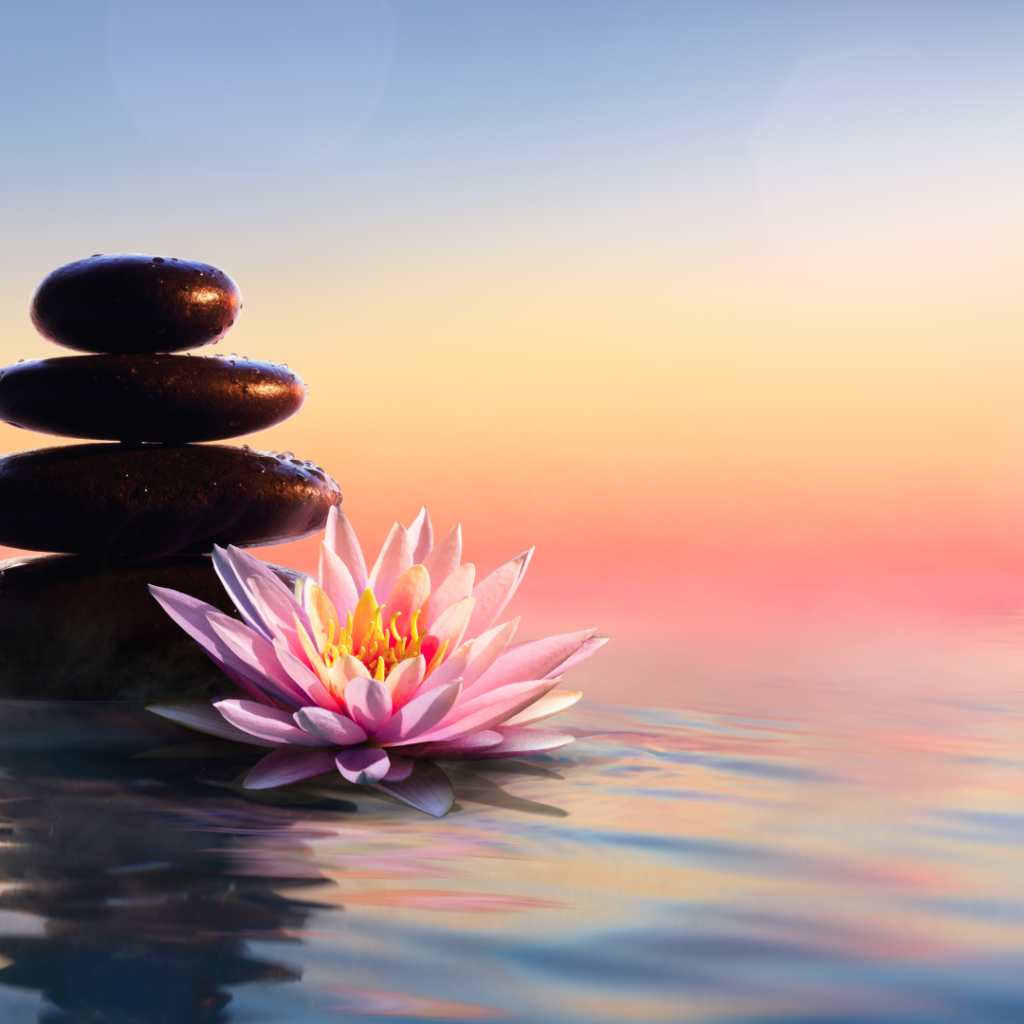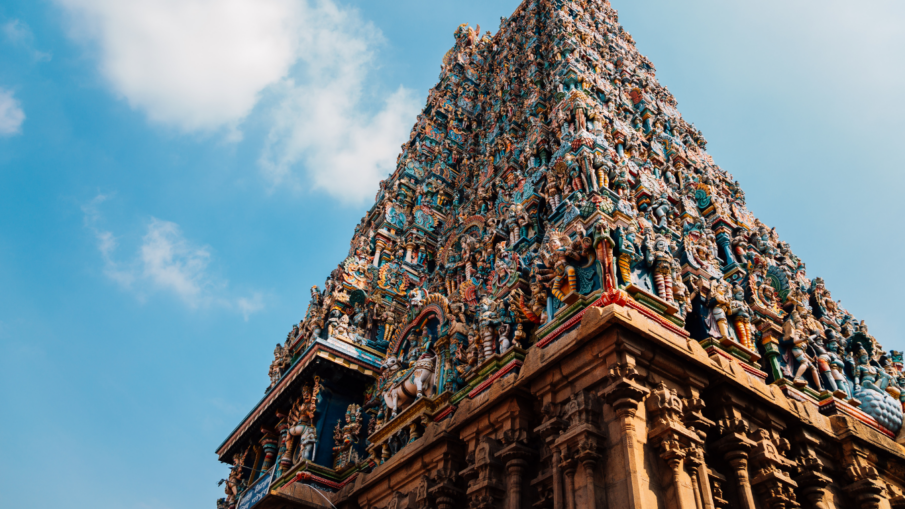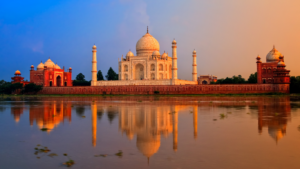In the vibrant tapestry of India, where spirituality permeates every aspect of life, float therapy has emerged as a contemporary pathway to inner peace and self-discovery. This article delves into the unique melding of India’s rich spiritual heritage with the modern practice of float therapy, exploring how this form of sensory deprivation therapy is being embraced as a tool for meditation, healing, and personal growth.
India, with its diverse traditions of yoga, meditation, and Ayurveda, has always been a land where the quest for spiritual enlightenment and physical well-being are intertwined. The introduction of float therapy into this ancient wellness landscape has been met with enthusiasm, as it aligns with the Indian ethos of seeking harmony between the mind, body, and spirit. Across cities like Mumbai, Delhi, and Bangalore, float centers offer not just a service but an experience that taps into the deep-rooted desire for tranquility and mindfulness.

Float Therapy as Meditation
In India, meditation is not just a practice but a way of life for many. Float therapy, with its sensory-reduced environment, provides a novel context for meditation, offering a space where the distractions of the external world are eliminated, and the mind can journey inward without impediment. Practitioners find that the float tank serves as a modern-day meditation chamber, where the boundaries between the self and the infinite dissolve, facilitating a deep state of meditation that might take years to achieve through traditional practices.
Ayurvedic Principles and Float Therapy
The principles of Ayurveda, India’s ancient system of medicine, emphasize the balance of the body’s energies for optimal health. Float therapy’s ability to induce deep relaxation and stress relief complements these principles, making it a sought-after practice among those looking to rebalance their doshas (the Ayurvedic energies of Vata, Pitta, and Kapha). The magnesium-rich Epsom salts used in float tanks are particularly valued for their detoxifying properties, aligning with Ayurvedic practices of purification and rejuvenation.
A Tool for Emotional and Physical Healing
India’s holistic approach to health acknowledges the interconnectedness of emotional and physical well-being. Float therapy is recognized as a powerful tool for healing, offering relief from conditions such as anxiety, chronic pain, and insomnia. The weightlessness experienced in the float tank not only alleviates physical tension but also provides an emotional respite, a sanctuary where the mind can process and heal from the stresses of life. This aspect of float therapy resonates deeply with the Indian understanding of health as a state of complete harmony.
Community and Cultural Integration
Float therapy in India is more than an individual practice; it’s becoming part of the broader wellness community, integrating with traditional practices like yoga retreats and meditation workshops. Float centers often host talks, seminars, and community events, creating spaces where individuals can share their experiences and explore the confluence of modern and ancient paths to wellness. This community aspect fosters a culture of sharing and learning, enriching the float therapy experience with the wisdom of India’s spiritual traditions.

Looking Forward
As float therapy continues to grow in India, it weaves itself into the country’s spiritual and wellness narrative, offering a contemporary bridge to ancient practices. The unique combination of deep relaxation, meditation, and sensory deprivation provided by float therapy has found a resonant chord in the heart of India, promising a journey of healing, discovery, and spiritual awakening. In the bustling streets and quiet corners of India, float therapy stands as a testament to the enduring quest for inner peace, blending the timeless with the modern in the pursuit of holistic well-being.






